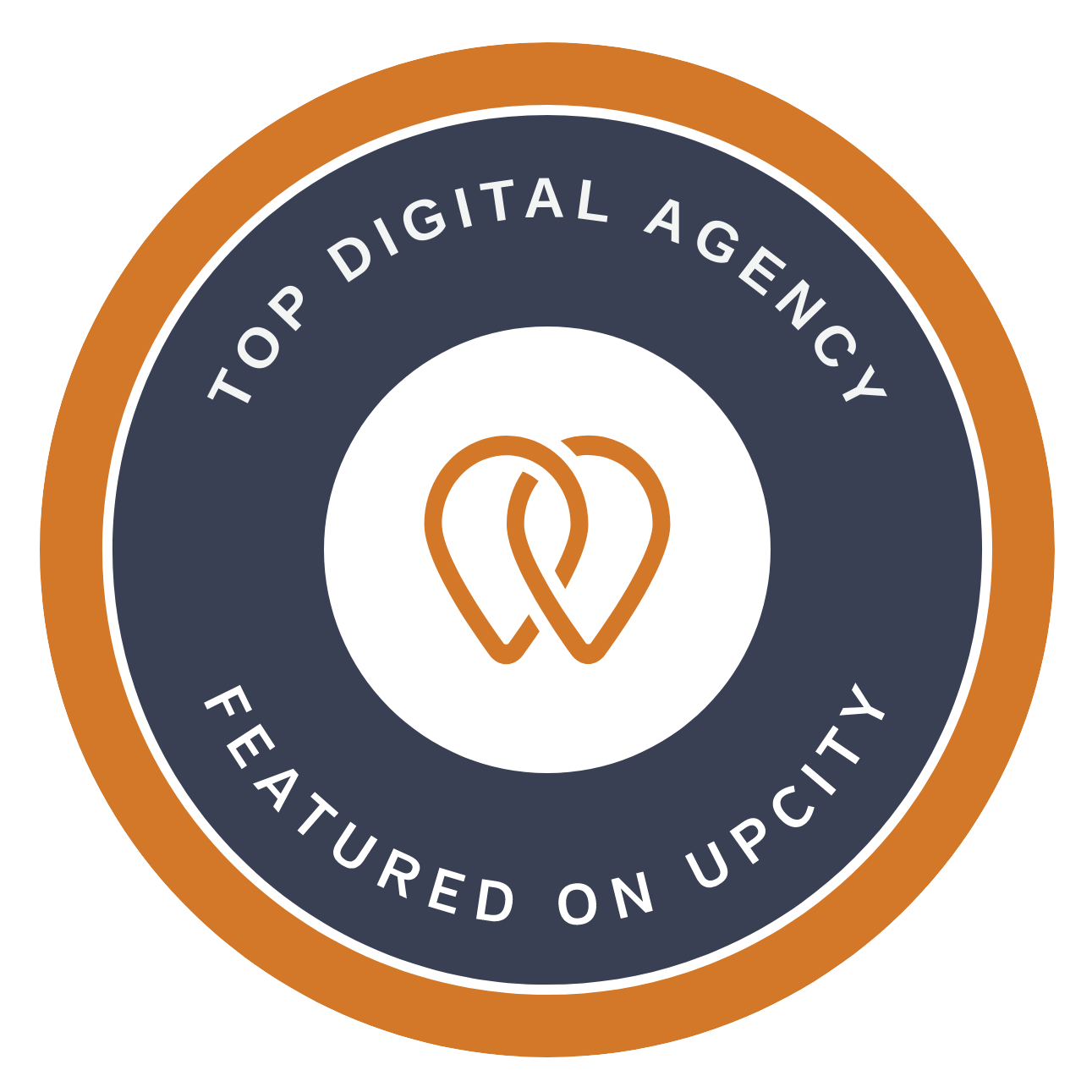AI SEO | PPC / Google Ads
May 21, 2024 | Quinn Thompson

As the digital marketing landscape continues to evolve, the role of AI in enhancing advertising capabilities has become increasingly apparent. The recent announcements from Google Marketing Live 2024 have shed light on several key implications and advanced insights that marketers should consider as they navigate this new era of AI-driven marketing.
One of the most significant developments is the rise of AI-driven creative solutions. By automating and optimizing ad assets, AI tools have the potential to revolutionize the creative process, enabling marketers to deliver highly personalized and relevant content to diverse consumer segments. This presents an opportunity for brands to engage their target audiences more effectively, driving higher engagement and conversions.
Google's Performance Max campaigns have emerged as a powerful tool for predicting and influencing user behaviors. By leveraging advanced machine learning techniques, marketers can optimize their campaigns seamlessly across various channels and touchpoints. This strategic approach allows for more efficient allocation of ad spend, targeting potential customers who are most likely to convert based on their online behavior.
The introduction of immersive shopping experiences, such as those using augmented reality (AR), marks a significant shift in how consumers interact with products online. These technologies have the potential to bridge the gap between online and physical retail, creating memorable and engaging interactions that foster brand loyalty. As this trend continues to gain momentum, marketers should explore how they can integrate these immersive experiences into their strategies.
AI-powered tools offer a promising solution for maintaining brand consistency across various platforms and campaigns. By analyzing existing brand assets and user interactions, these tools can generate new creatives that align with the brand's core message and aesthetic. This ensures a cohesive brand experience for consumers, regardless of the touchpoint or platform, strengthening brand recall and affinity.
The advancements highlighted at Google Marketing Live underscore the growing importance of strategic data utilization in marketing. By leveraging data effectively, marketers can anticipate market trends, understand consumer needs, and respond swiftly with tailored marketing strategies. As the landscape continues to evolve, the ability to harness the power of data will be a key differentiator for successful marketers.
As AI becomes more prevalent in marketing, ethical considerations and consumer privacy must remain at the forefront of the conversation. Marketers have a responsibility to navigate the delicate balance between personalization and privacy, ensuring that consumer data is used responsibly to enhance user experiences without compromising trust. Developing a strong ethical framework will be crucial for brands looking to build lasting relationships with their customers.
Looking ahead, it is clear that the integration of AI in marketing will only continue to deepen. Marketers should prepare for an era where AI not only supports but also drives strategic decision-making. This will require a commitment to continuous learning and adaptation, staying abreast of new technologies and methodologies as they emerge.
In conclusion, the updates from Google Marketing Live offer a glimpse into the transformative potential of AI in digital marketing. By embracing these advancements and considering their implications, marketers can position themselves to deliver exceptional results for their brands. Whether it's through AI-driven creative solutions, optimized campaigns, immersive experiences, or data-driven strategies, the future of marketing lies in harnessing the power of AI responsibly and effectively. As the landscape continues to shift, those who adapt and innovate will be best positioned to succeed in this new era of AI-driven marketing.
























